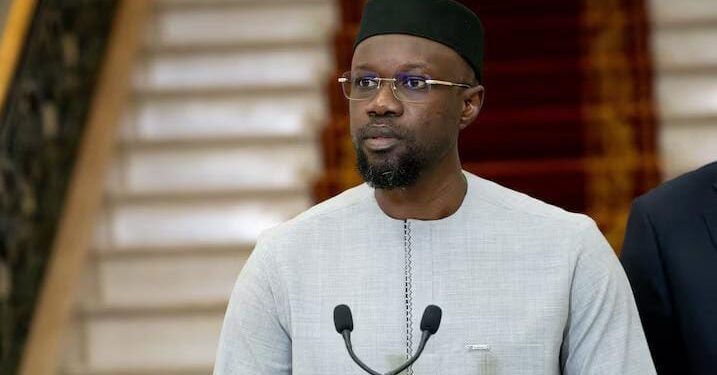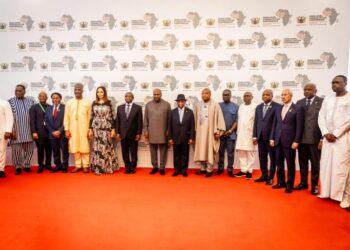By Enyichukwu Enemanna
Senegal is developing a framework that will assist in reducing dependence on foreign lenders, such as the International Monetary Fund (IMF), to fund its budget by boosting local tax compliance, Prime Minister Ousmane Sonko has said.
“Good tax reform can help us withstand the 250 billion CFA francs ($437.64 million) that the IMF gives us every year,” Le Soleil newspaper quoted Sonko as telling Senegalese nationals living in Guinea on Tuesday.
The West African nation is engaging with the IMF to craft a resolution following a case of misreporting of debt and deficit levels, which led to the suspension of a $1.8 billion financing programme with the U.S.-based lender.
In the last year, Senegal has not received any monetary disbursements from the IMF, the newspaper quoted Sonko as claiming.
“Senegal is still standing… a country does not develop by being held by the hand, but by building on its own strengths, its own resources, and its own budgetary discipline,” the former firebrand opposition leader stated.
While ruling out a possible tax hike, the paper quoted Sonko as saying that the government will make all Senegalese pay their fair share of taxes.
Senegal’s dollar bonds have lost 7.3% for investors this year so far, according to a JPMorgan bond index, compared with the average gains of 3% for its African peers in the same period.
The losses are also double those of the second worst performing African sovereign, Angola, whose bonds have handed investors losses of 1.5% since the start of the year.
Senegal has resorted to increased debt issuance in the regional debt market, including a 405 billion CFA francs ($708.97 million) bond issued in April, attracting criticism from the opposition, which is demanding more debt transparency from the government.
Away from tax, the country is also endowed with significant mineral resources and is actively working to promote its mining sector both nationally and regionally.
In line with this vision, the government aims to position the mining industry as one of the key drivers of the country’s economic growth through an initiative called the “Regional Mining Hub”.
This project, part of Plan Sénégal Emergent (PSE) for the period 2024–2028, seeks to establish Senegal as a leading mining service centre in West Africa.




































